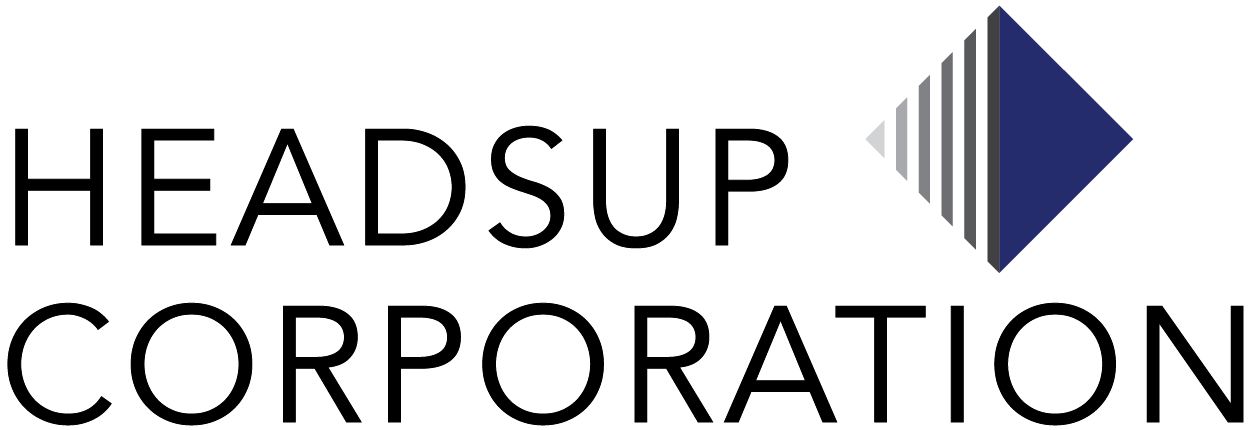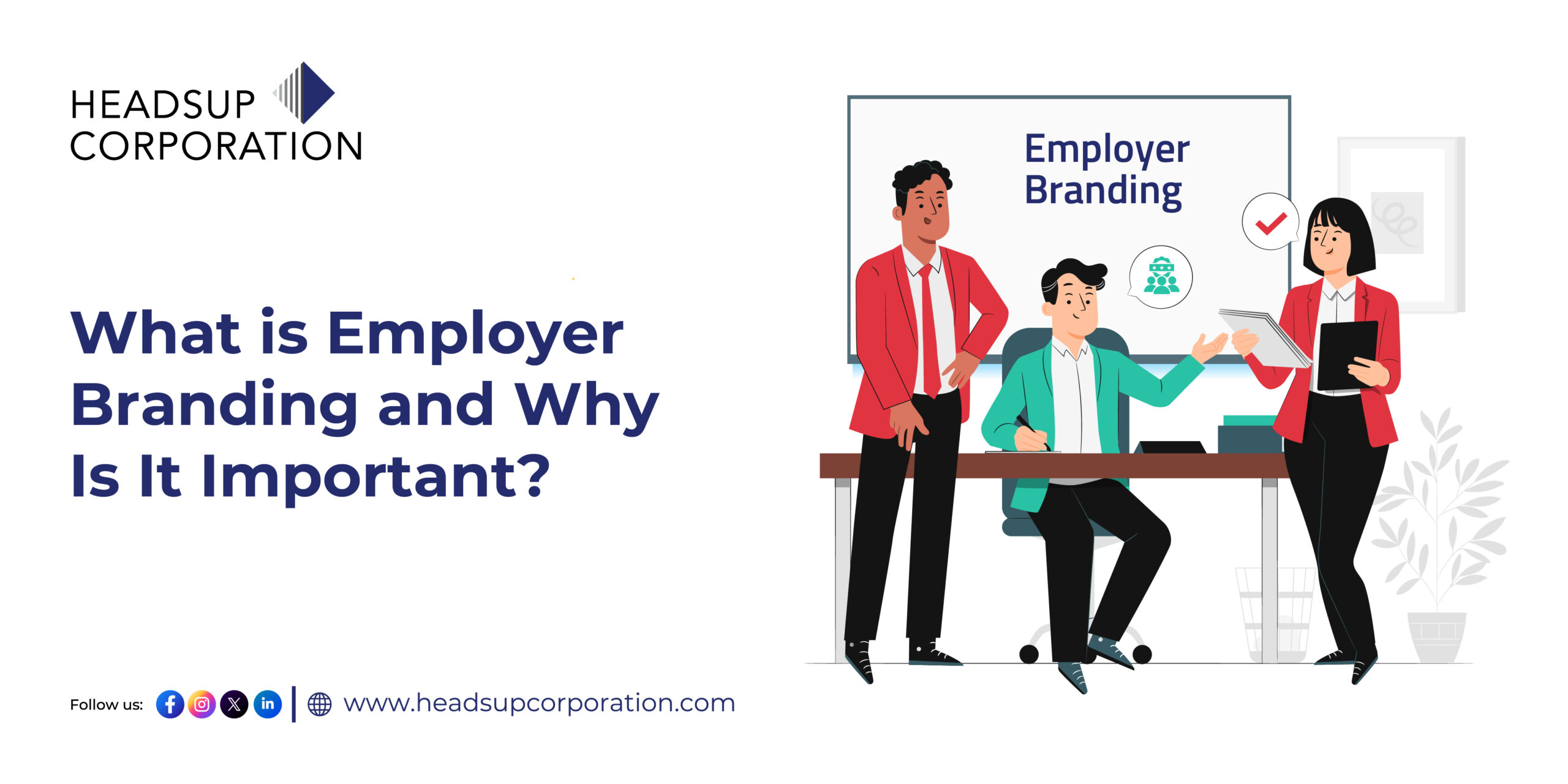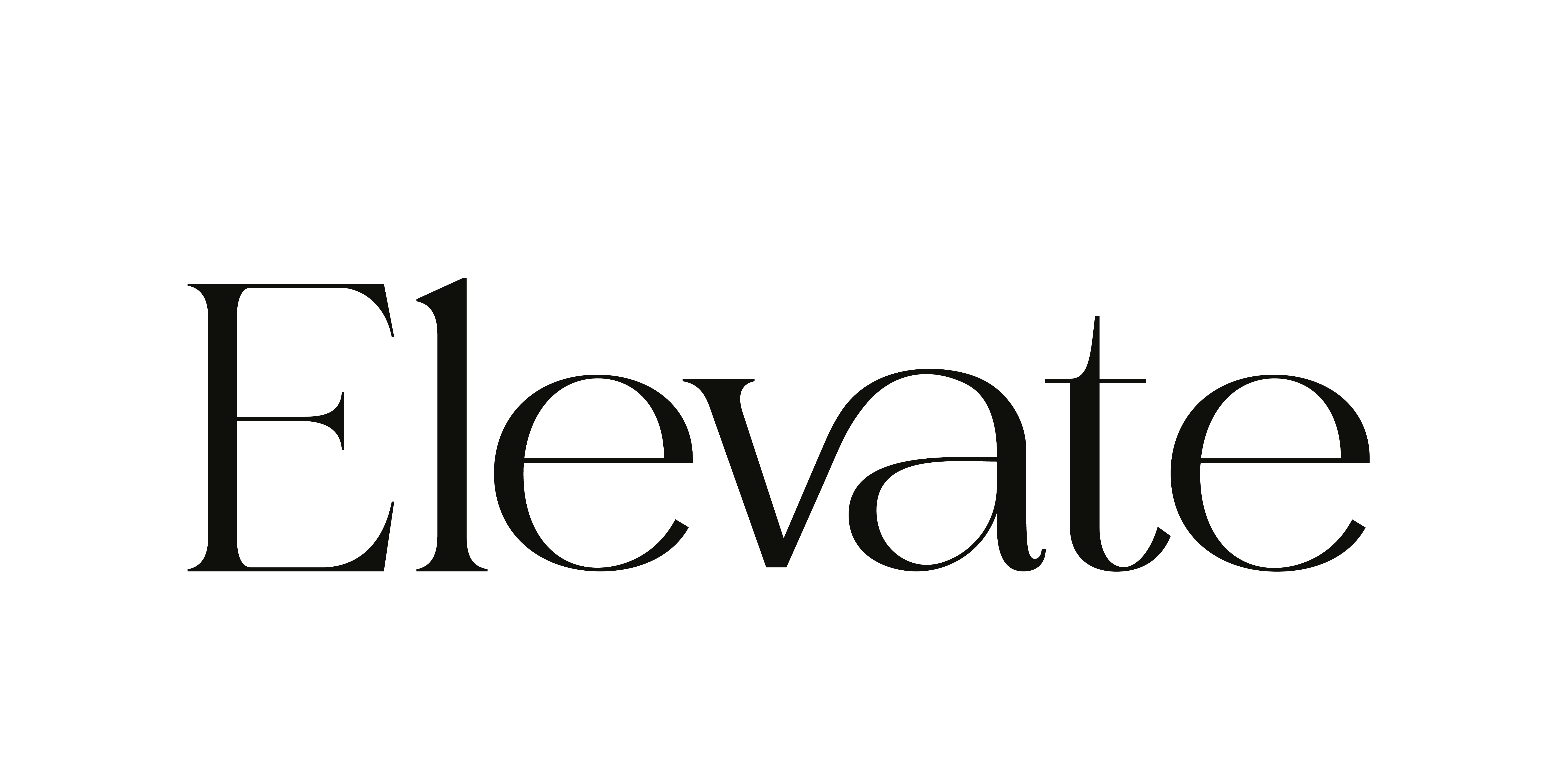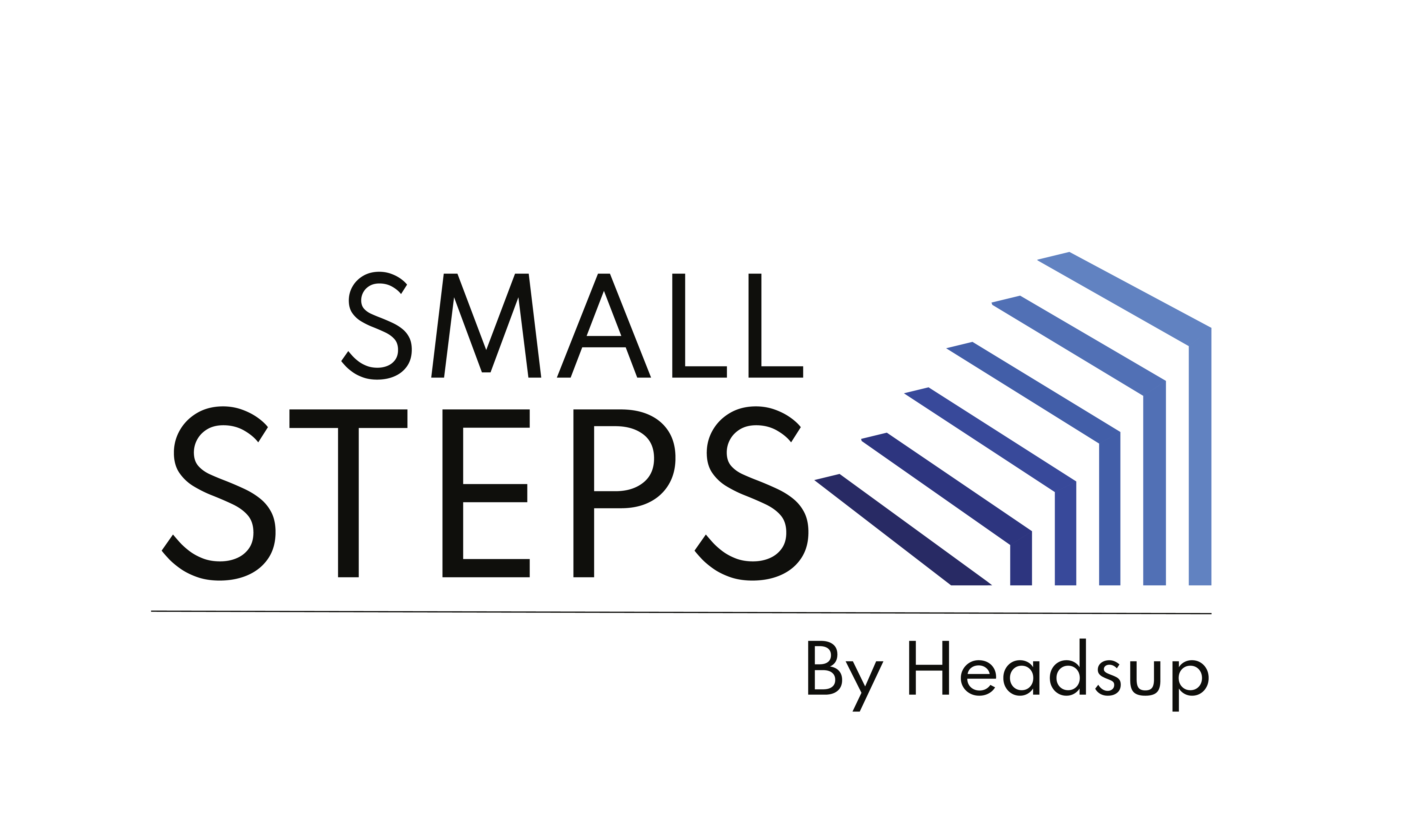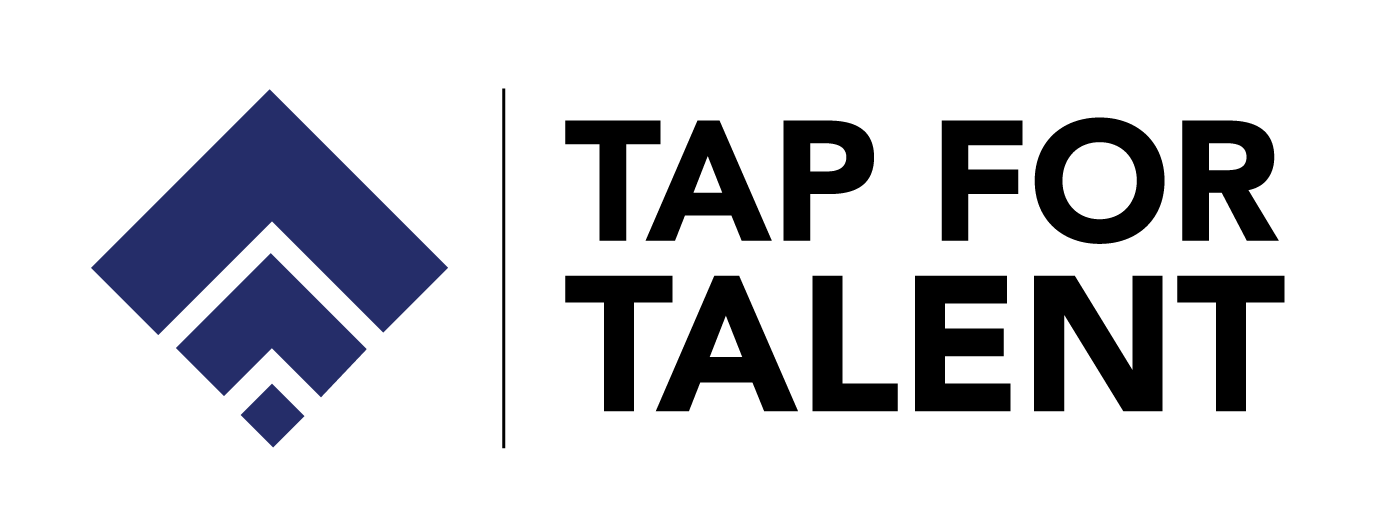A company to be one of the top preferences for any applicant is a visible company. Any organisation with a strong employer branding will attract top talent, as candidates are drawn to organisations that not only demonstrate a positive work environment but also value their employees. This visibility efficiently boosts recruitment efforts and enhances employee retention and overall company reputation.
What Is Employer Branding?
Every company has a spotlight factor that defines its position in the job market, not only for potential employees but also for clients. Organisations often mistake that employer branding is just for potential employees or to retain talent, but it also affects client relations.
Employer branding is a process of shaping how your company’s image is perceived in a positive light. It’s mainly about creating a strong, positive and effective reputation as an employer that showcases the company’s culture and values. In this digital age where everyone relies heavily on the internet, it is very important to build a good brand where employees can find the culture and space to grow and contribute more effectively.
How Does Employer Branding Work?
An effective and efficient employer brand is built through a combination of internal and external efforts, including:
- Showcasing company culture through social media, career pages and employee testimonials.
- Companies can highlight their employee-friendly and interactive initiatives, like flexible work policies and community engagement programs.
- Providing employees with a positive and growth-centric culture is also a key pillar in strengthening your employer brand.
- Strong leadership is also an integral part of a strong employer brand. Leadership plays a crucial role by setting the tone for a positive workplace culture. As leaders are responsible for communicating the organisation’s vision and mission, which not only ensures employees feel aligned but also motivated to grow with the organisation. Moreover, effective leadership promotes a transparent and trustworthy culture.
Why Is Employer Branding Important?
Think of a good employer branding strategy as a powerful magnet. It makes your company the place where employees wish to stay and grow, and not just treat it as a stepping stone on their CV. When people see a company that aligns with their values, fuels their growth, and genuinely cares about the “people”, they are more inclined to stay.
And the core employer branding strategy is to be an employee-friendly company, as the initial and most proper marketing can be done by the internal advocates through channels like Glassdoor, Ambition Box and others.
How Headsup Can Help You:
Headsup, we understand the core of employer branding— creating customised solutions. To stand out as an employer brand is to have strategies that align with you and are not generic in nature. Hence, we thoroughly benchmark against leaders and analyse how your brand can be perceived better.
Moreover, getting employees involved in culture and trust based audits. These audits analyse how much your employees are aware about company’s policies and valuable insights. Running these diagnostics help your company assess your online presence and brand sentiment. Furthermore, creating tailored campaigns can effectively promote your brand and help create deeper initiatives for both internal and external audiences.
A strong employer branding strategy helps your company create an unbreakable reputation, which is quite essential in this talent-driven market. Whether it’s through a strong EVP, employee advocacy, or a strong social media game, a successful employer branding strategy is the key to long-term business growth. Looking to build your employer brand? Let Headsup guide you on your journey.
Related Blogs:- Key Elements of a Strong Employer Branding
